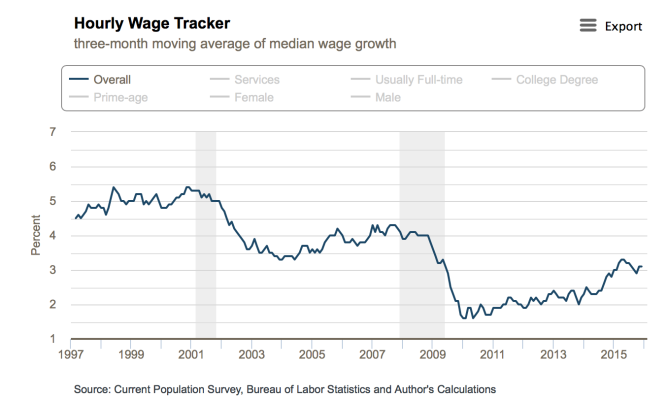I understand that most of us are not economists by training yet what do you think should be done to return to healthy economy grows?
I could be wrong but think that our problems come from big negative trade dis balance for many years. The largest is with China. Therefor the ideas of some unorthodox politicians who calls for fair trade rules, up to trade control might work and return at least some manufacturing back to US. Like if we sell to China $116 billions then same amount of imports from China is not taxed. Chinese $365.5 billions trade surplus should be heavily (equally spread between manufacturers)taxed so some manufacturers would be forced to move factories back to US soil. The alternative is to continue our Debt grows indefinitely what eventually will destroy the dollar.
I could be wrong but think that our problems come from big negative trade dis balance for many years. The largest is with China. Therefor the ideas of some unorthodox politicians who calls for fair trade rules, up to trade control might work and return at least some manufacturing back to US. Like if we sell to China $116 billions then same amount of imports from China is not taxed. Chinese $365.5 billions trade surplus should be heavily (equally spread between manufacturers)taxed so some manufacturers would be forced to move factories back to US soil. The alternative is to continue our Debt grows indefinitely what eventually will destroy the dollar.


